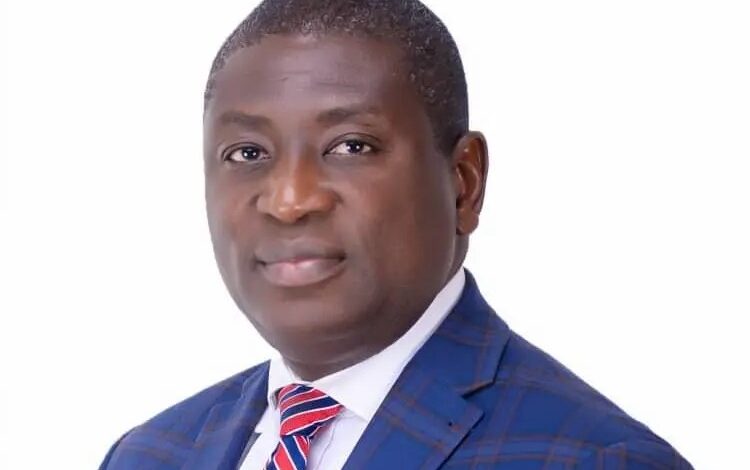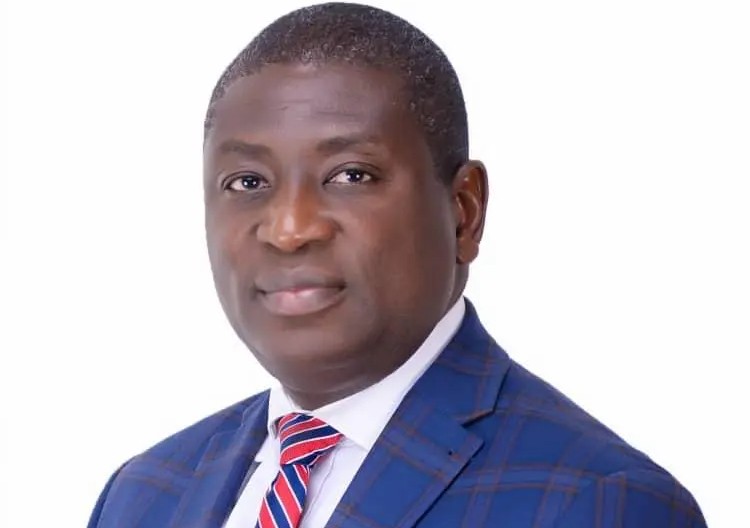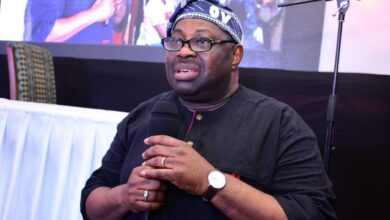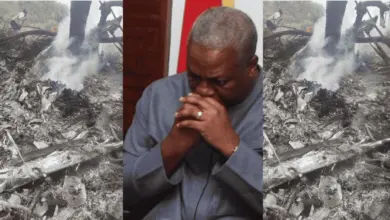Kwadwo Poku: Government facing deep financial crisis amid cocoa revenue woes


Energy analyst and New Patriotic Party (NPP) member, Kwadwo Nsafoah Poku, has raised concerns over Ghana’s fiscal health, warning that the country is sliding deeper into an economic crisis fueled by declining cocoa revenues, unrealistic currency management, and shortfalls in government expenditure.
In a video commentary, Mr. Poku accused Finance Minister Dr. Cassiel Ato Forson of worsening Ghana’s economic challenges by withholding critical government spending, particularly capital investments, due to revenue shortfalls triggered by artificial currency appreciation.
“In the last 9–10 months, Ato Forson, as Minister of Finance, is creating more problems than he is solving,” Poku said.
Referring to a recent Bank of Ghana monetary policy report, Poku revealed that the Ministry of Finance has fallen GH₵21.5 billion short of its own planned expenditure for the year. According to him, this underperformance is not a sign of fiscal discipline, but rather an indication that the government is simply unable to raise the revenue it projected in its budget.
GH₵21.5 billion budget shortfall
“If you do a budget and say you’re going to spend a certain amount but fail to spend it, it’s not discipline. It means you couldn’t raise the money,” he said.
He noted that while salaries are being paid, critical sectors such as capital expenditure, statutory funds, and agency disbursements are being starved of funding.
Poku attributed the revenue crisis in part to the government’s effort to artificially strengthen the Ghana cedi, particularly the push to keep it around GH₵10.4 to the US dollar. He argued that such efforts reduce the cedi-equivalent of Ghana’s export earnings—especially from crude oil, gold, and port-related revenues—ultimately hurting government cash flow.
“The government is also an earner. If we export crude at 10.4, we get less money than if we export at 12. This artificial strength of the cedi is costing the government,” he explained.
He further warned that the Bank of Ghana’s injection of dollars into the economy to prop up the cedi is not sustainable and could backfire, especially as the real market rate hovers between GH₵12 and GH₵13.
Cocoa revenue in crisis
Turning to Ghana’s top export commodity, cocoa, Poku described the current situation as “dire.” He revealed that global cocoa prices have dropped drastically—from over $11,000 per ton earlier this year to just $5,939 per ton in October 2025.
When the government announced its producer price for cocoa in August, it used an exchange rate of GH₵10.4 to the dollar, pegging the price at GH₵51,660 per ton—roughly 70% of the Free On Board (FOB) price of $7,200 at the time.
However, with cocoa prices now significantly lower, the government finds itself in a bind. If the exchange rate remains at 10.4, the Ghana Cocoa Board (COCOBOD) is effectively paying cocoa farmers up to 95% of FOB, leaving just 5% for operational costs—a figure Poku described as “unsustainable.”
“Cocobod usually needs more than 30% of the FOB price to handle logistics, storage, and operations. Right now, with cocoa prices falling and the cedi still artificially strong, Cocobod is being squeezed,” he said.
Even if the exchange rate adjusts to GH₵12 per dollar, COCOBOD would only achieve about 81% of FOB, still below the comfort threshold.
Budget Outlook: More trouble ahead
Poku urged Ghanaians to brace for tough times ahead as the 2026 budget approaches in November, warning that the fiscal strain is set to worsen unless government revenue picks up.
“All is not well. The finance sector is facing serious challenges. Cocoa, one of our biggest earners, is struggling. And the GH₵21.5 billion that Ato Forson is not spending is because he’s not getting the revenue—largely due to this cedi-to-dollar issue,” Poku asserted.
He concluded by calling for a realistic exchange rate policy, greater transparency in public finances, and a renewed focus on revenue mobilization across key export sectors.
DISCLAIMER: The Views, Comments, Opinions, Contributions and Statements made by Readers and Contributors on this platform do not necessarily represent the views or policy of Multimedia Group Limited.
DISCLAIMER: The Views, Comments, Opinions, Contributions and Statements made by Readers and Contributors on this platform do not necessarily represent the views or policy of Multimedia Group Limited.
Source link





